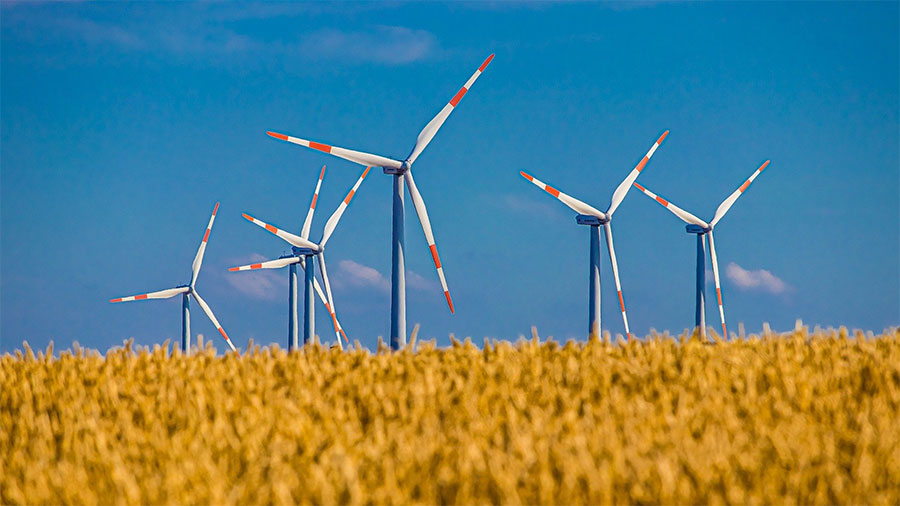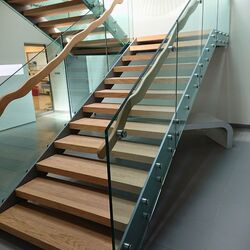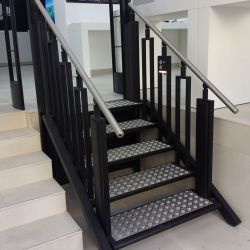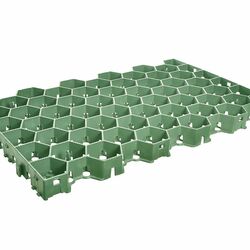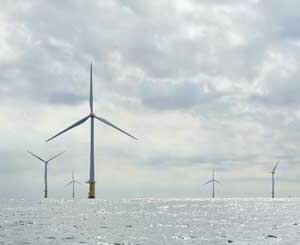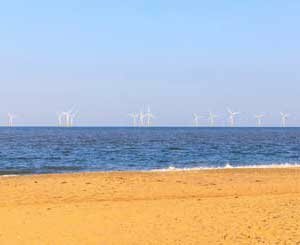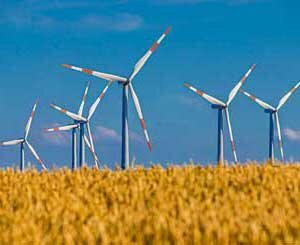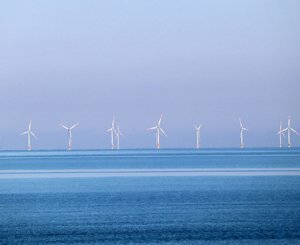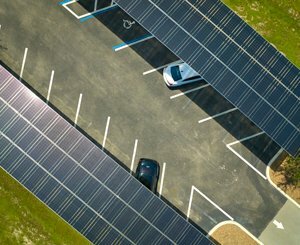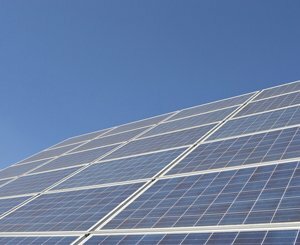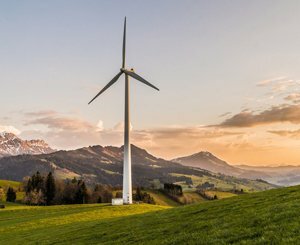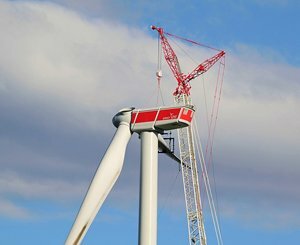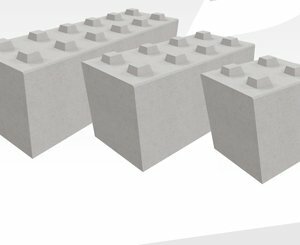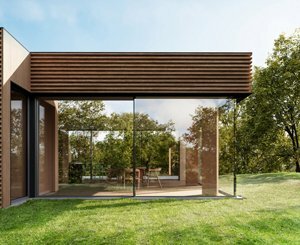Catherine MacGregor, managing director of Engie, the leader in wind and solar power in France, regretted on Friday that "onshore wind power" had "become a dirty word" at a time when the energy transition and crisis require mobilizing " all renewable energies.
Selection of products
To read also
Popular News
-
 Bruno Le Maire unveils his simplification bill to free SMEs, VSEs and artisans from administrative paperwork
Bruno Le Maire unveils his simplification bill to free SMEs, VSEs and artisans from administrative paperwork
-
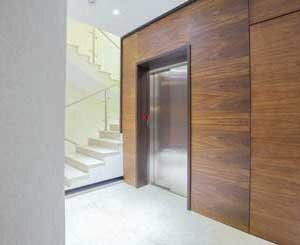 The Elevator Federation unveils its roadmap and figures for the 2023 sector
The Elevator Federation unveils its roadmap and figures for the 2023 sector
-
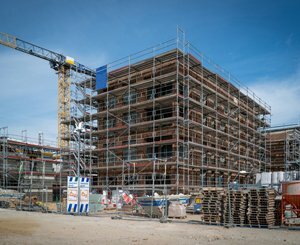 Guillaume Kasbarian asks public land establishments to release in 2024 the land necessary for the production of 17.000 housing units
Guillaume Kasbarian asks public land establishments to release in 2024 the land necessary for the production of 17.000 housing units
-
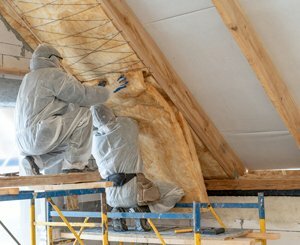 Energy renovation work and their financing after changes to aid on January 1, 2024
Energy renovation work and their financing after changes to aid on January 1, 2024


